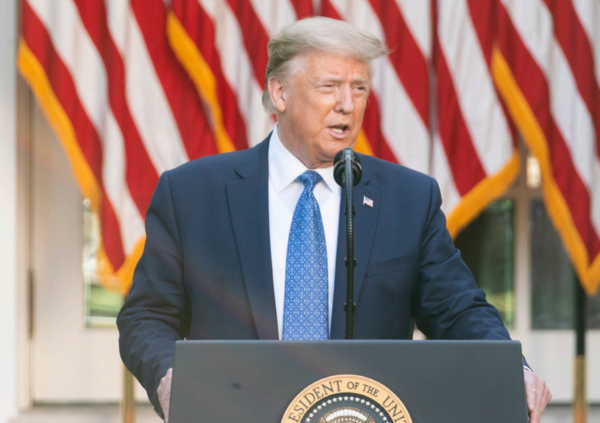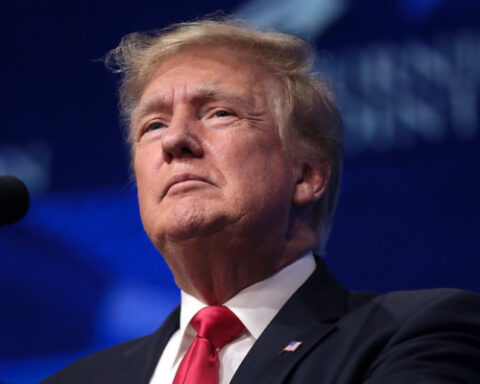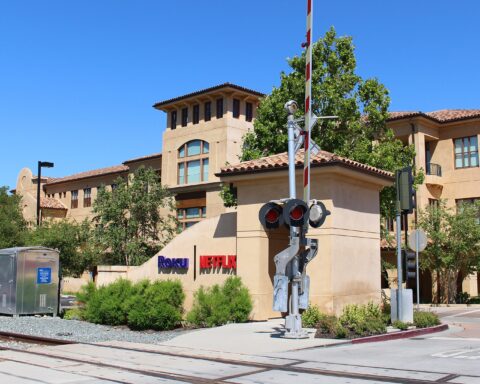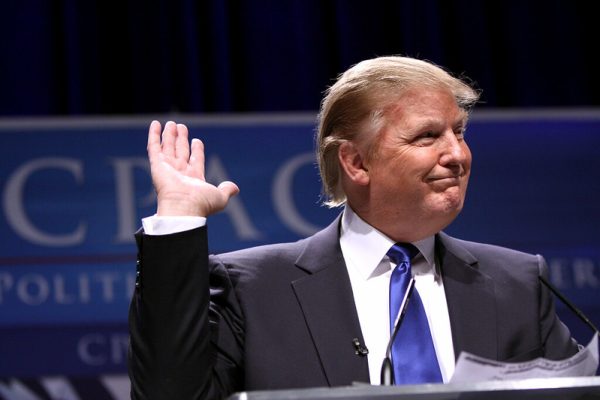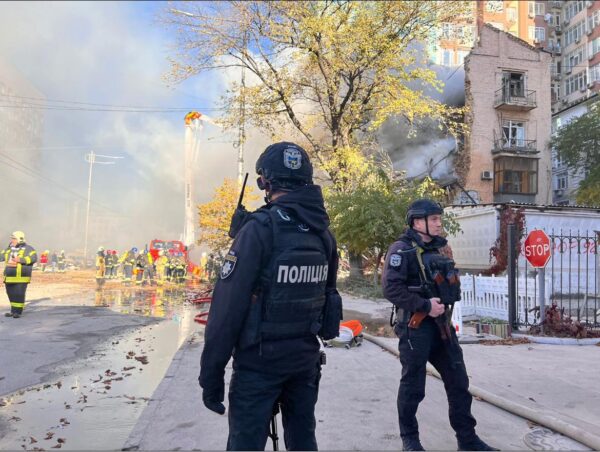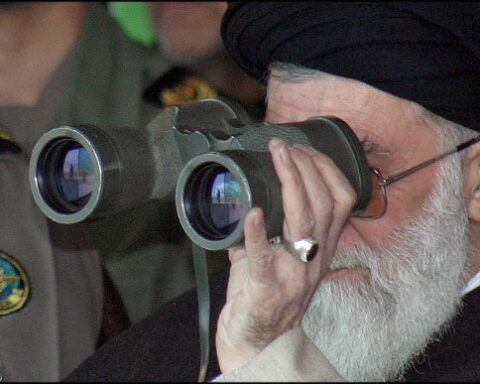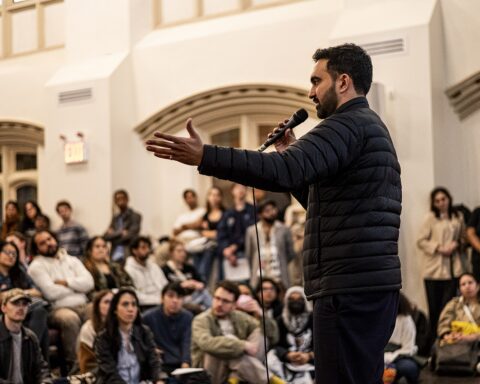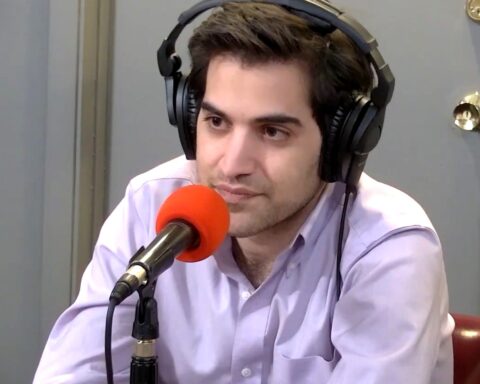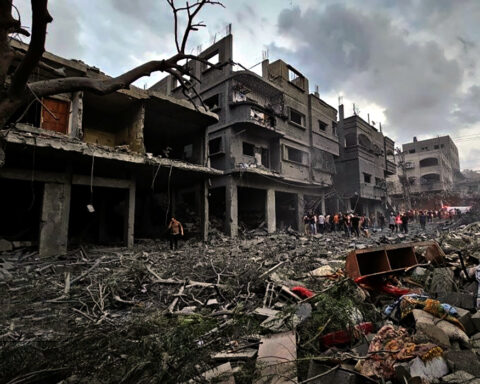President Donald Trump is now reportedly weighing the use of U.S. military force against drug cartels operating inside Venezuela, part of an emerging campaign designed to weaken the regime of Nicolás Maduro.
CNN reported that multiple sources briefed on the plans said the president is considering a wide range of strikes that could extend inside Venezuelan territory.
The move follows what officials describe as a first step: a U.S. strike Tuesday against a boat allegedly carrying drugs from Venezuela.
Secretary of State Marco Rubio identified the vessel as a “drug vessel” tied to the cartel Tren de Aragua. Eleven people were killed in the strike, which occurred in international waters.
The operation marked an escalation in U.S. pressure on the Maduro regime, which has long been accused of benefitting from narcotics trafficking.
The White House has increased its warnings to Caracas as tensions rise. Trump this week declared that Venezuelan jets will be “shot down” if they fly over U.S. naval ships. His comments followed reports of Venezuelan aircraft repeatedly flying near American vessels.
Administration officials argue that the strikes, and the threat of further military action, are intended to cripple the financial networks that sustain Maduro’s grip on power.
CNN reported that Trump officials believe targeting cartel-linked revenue streams could “squeeze” Maduro’s inner circle and push them to consider removing him from office.
The United States has already designated Maduro a cartel leader, a charge that underscores Washington’s view of the Venezuelan strongman not merely as an authoritarian president but as a central figure in global narcotics trafficking.
In a press release, Rubio announced that the State and Justice Departments had raised the reward for Maduro’s arrest. “The Department of State and the Department of Justice are announcing a reward offer increase of up to $50 million under the Narcotics Rewards Program (NRP) for information leading to the arrest and/or conviction of Nicolás Maduro for violating U.S. narcotics laws,” it read.
For Trump, the campaign represents both a national security imperative and a message of deterrence to hostile regimes in the Western Hemisphere.
By taking the fight to cartels in Venezuela, the administration is signaling that the days of passivity are over.
The president has also connected Maduro’s survival to Venezuela’s lack of free and fair elections. When asked on Friday about the prospect of “regime change,” Trump sidestepped the question but emphasized the country’s democratic failures. “We are talking about the fact that they had an election, which was a very strange election, to put it mildly,” he said.
For conservatives, the strategy marks a break from decades of half-measures in dealing with rogue governments tied to criminal enterprises.
By elevating Maduro from an adversarial head of state to a wanted narcotics kingpin, the administration is framing its actions as law enforcement as much as foreign policy.
Whether the campaign expands into strikes inside Venezuelan territory remains to be seen. But Trump’s warnings — and the lethal strike on a cartel vessel — suggest the president is prepared to use military power to choke off the criminal networks that have long shielded Maduro from accountability.
[READ MORE: Trump Revives Department of War Name, Signaling Return to “Warrior Ethos”]

